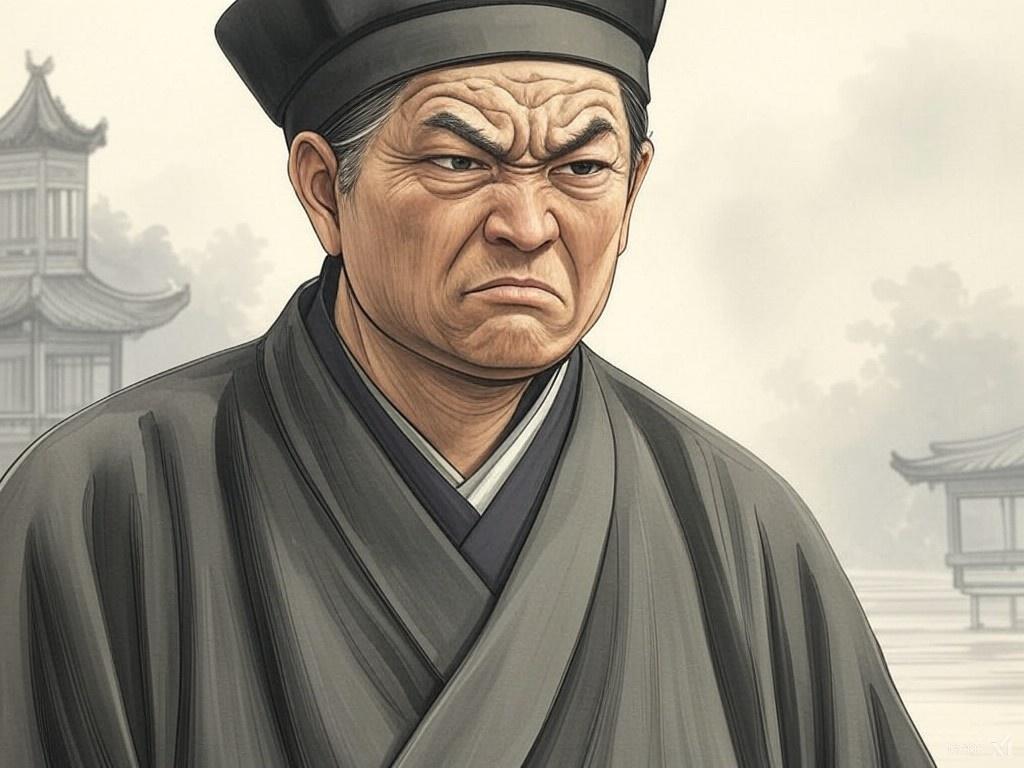"怒发冲冠" (nù fà chōng guān) - Hair Bristling in Anger

One's hair bristles in anger and lifts one's hat; to be extremely angry.
Story
The idiom "怒发冲冠" (nù fà chōng guān) comes from the Records of the Grand Historian (Shiji 史记), specifically the "Biographies of Lian Po and Lin Xiangru" (廉颇蔺相如列传).
The story tells of Lin Xiangru (蔺相如), a courageous diplomat of the Zhao state. When he was sent to Qin with the precious jade disc He Shi Bi (和氏璧), King Zhao of Qin showed no sincerity in offering cities in exchange. Lin Xiangru, realizing he was being tricked, held the jade disc against a pillar and threatened to smash it if the king did not keep his promise. In his intense anger and determination to protect his state's treasure, “怒发上冲冠” (nù fà shàng chōng guān) – his hair bristled in anger and lifted his hat.
Meaning and Usage
"怒发冲冠" literally translates to "angry hair rushes up to the hat." It describes a state of extreme anger, where one's hair stands on end and seems to lift one's hat. It vividly portrays intense rage and indignation.
-
Example (Expressing extreme anger at injustice): “听到这个不公平的判决,他气得怒发冲冠。” (“Tīng dào zhège bù gōngpíng de pànjué, tā qì de nù fà chōng guān.”) – “Hearing this unfair verdict, he was so angry that his hair bristled in anger.”
-
Example (Describing a moment of intense fury): “想起受到的侮辱,他顿时怒发冲冠,握紧了拳头。” (“Xiǎng qǐ shòu dào de wǔrǔ, tā dùnshí nù fà chōng guān, wò jǐn le quán tóu.”) – “Remembering the insult he received, he immediately became extremely angry and clenched his fists.”
Cultural Significance of Chéngyǔ (成语)
"怒发冲冠" emphasizes the expression of:
- Intense Emotion: It vividly conveys the feeling of extreme anger and indignation.
- Courage and Determination: In the original story, it represents Lin Xiangru's courage and determination to protect his country's interests.
Synonyms and Related Concepts
- 勃然大怒 (bó rán dà nù): To fly into a rage; to become suddenly furious.
- 火冒三丈 (huǒ mào sān zhàng): To be in a towering rage; to be extremely angry.